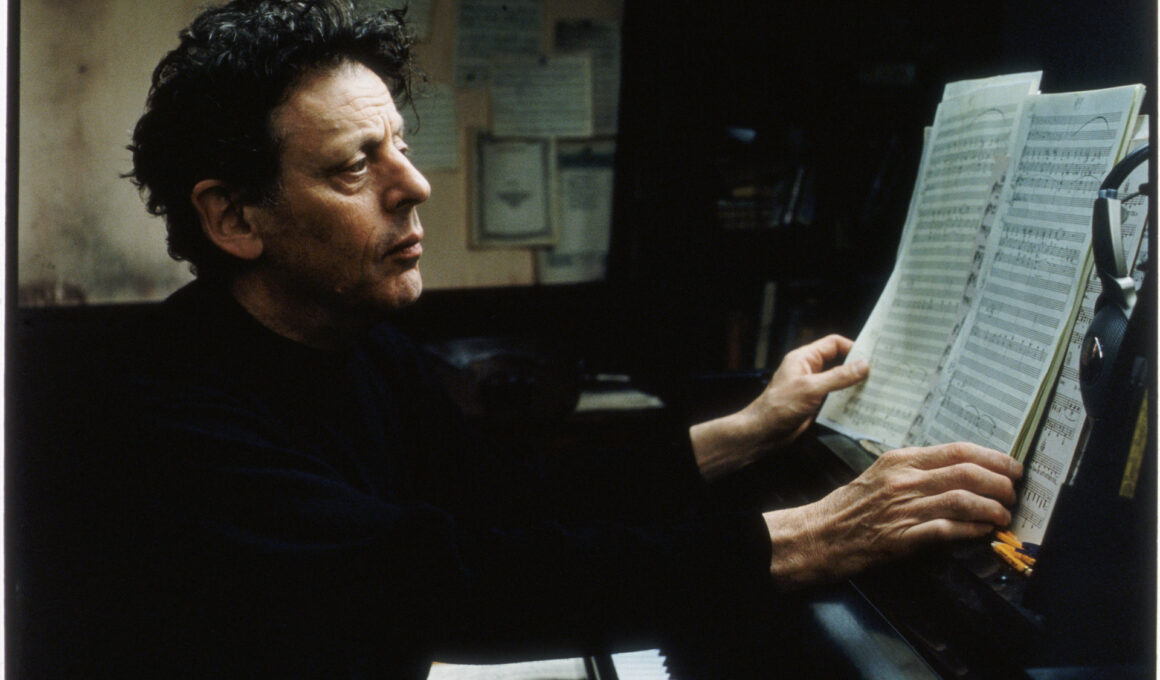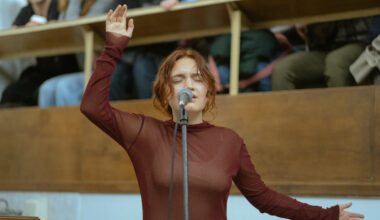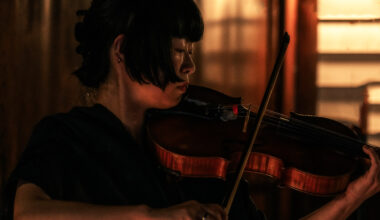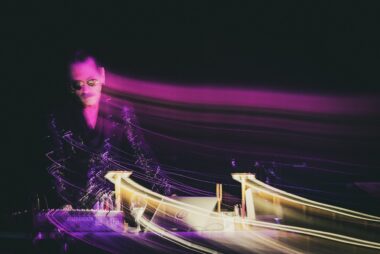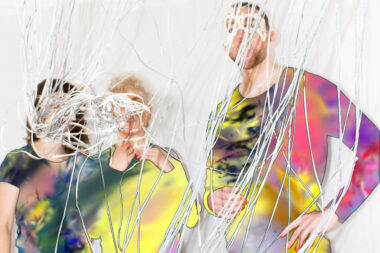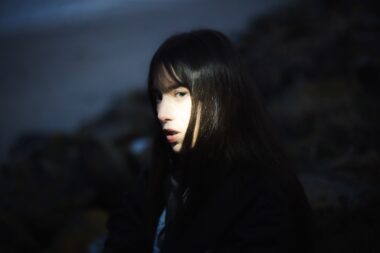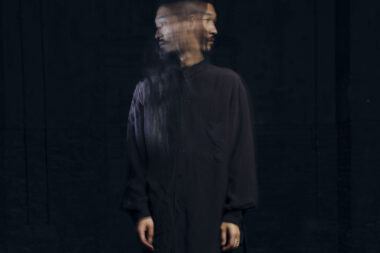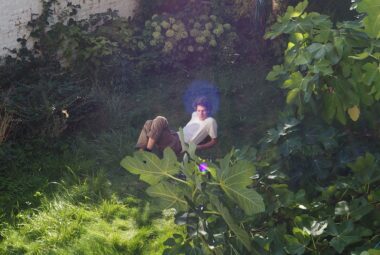The piano etudes by Philip Glass are modern classics. 20 pieces, sometimes meditative, sometimes rhythmic, sometimes romantic. Music that is not complicated and yet difficult to play. The famous US composer has inspired artists from almost every genre.
Now ten renowned pianists from all over the world will perform the 20 etudes in the Great Hall of the Elbphilharmonie in Hamburg and a few days later in the Philharmonie in Berlin – something that has never been done before in this form in Germany. A spectacular evening and an entertaining journey into the beguiling world of Philip Glass are guaranteed.
“If i’m to be remembered for anything, it will be for the piano music, because people can play it.” — Philip Glass
Most of the artists performing are friends and long-time companions of the composer. They have different backgrounds: Classical, modern classical, contemporary or jazz. A multifaceted richness that corresponds to the composer’s work, as each etude has rhythmic, harmonic and melodic peculiarities.
With the etudes, Glass is following in an old tradition: Scarlatti and Chopin, as well as Ligeti and Cage, composed such studies as musically demanding exercises.
“Book 1 (Études nos. 1 to 10) served a dual purpose – I wanted to explore a variety of tempi, textures and piano techniques, but I also thought of it as a pedagogical tool to improve my piano playing. In either case, the Book has achieved its goal. I’ve learned a lot about the piano, and by working on this work I’ve become a better performer.
In this way, Books I and II, taken as a whole, offer a veritable trajectory encompassing a wide range of music and technical ideas.” — Philip Glass
Then new projects came along, which interrupted my work on the studies for several years. Perhaps for this reason, when I resumed, I saw that the music was following a different path. If Book 1 had served to settle personal questions of piano technique, the music of Book 2 soon heralded a series of new adventures in harmony and structure.
